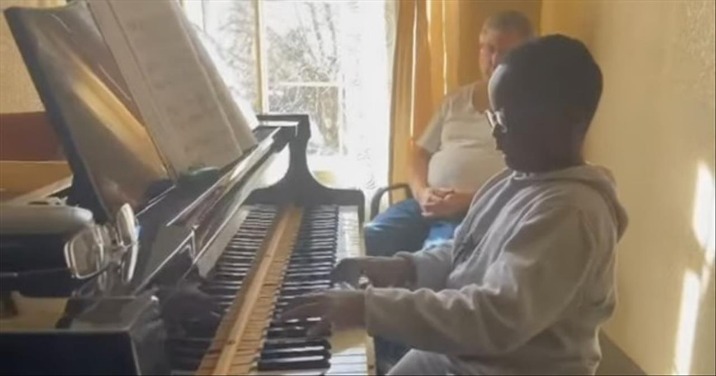Music has long been recognized as a universal language that bridges gaps and connects individuals. For children and adults with autism, it can be a powerful medium for expression and growth. Piano lessons for Autism offer a unique and beneficial approach to fostering social, emotional, and cognitive development.
The Impact of Music Education on Autism
Studies have shown that music education, including piano lessons for Autism, can significantly impact individuals on the autism spectrum. Music helps to enhance communication skills, improve behavioral responses, and develop fine motor abilities. These benefits underscore the importance of integrating music into therapeutic practices for those with autism.
How Piano Lessons Promote Cognitive and Emotional Growth
The structured nature of piano lessons promotes organization and routine, which are crucial for individuals with autism. Students learn to follow sequences and patterns, which can improve cognitive functions such as memory, attention, and problem-solving skills. Moreover, playing the piano encourages emotional expression and can help learners develop self-regulation and reduce anxiety.
Finding the Right Piano Instructor
Read more about Piano lessons for Autism here.
Choosing an instructor who is experienced in working with autistic students is essential for maximizing the benefits of piano lessons for Autism. An ideal instructor will be patient, flexible, and adept at creating a customized learning environment that caters to the unique needs of each student. Their ability to use adaptive teaching methods is key to a successful and enriching experience.
Adaptive Teaching Methods
Traditional teaching methods might not always work for students with autism. Instead, instructors often use visual aids, simplified instructions, and repetitive practice to reinforce learning. These adaptive techniques ensure that the lessons are accessible and enjoyable for all students, fostering a deeper connection to music.
Celebrating Milestones and Achievements
Every small victory in piano lessons for Autism is a reason to celebrate. Whether it’s mastering a simple melody or performing in a recital, acknowledging these achievements can significantly boost the learner’s self-esteem and motivate them to continue their musical journey. These accomplishments also provide moments of joy and pride for families and educators alike.
Conclusion
Piano lessons for Autism offer more than just musical education; they provide a holistic approach to enhancing the lives of individuals on the autism spectrum. By focusing on cognitive, emotional, and social development, piano lessons can unlock a world of potential and create meaningful, lasting change. As we continue to understand and appreciate the unique abilities of individuals with autism, the universal language of music remains a vital tool in their journey towards growth and fulfillment.







